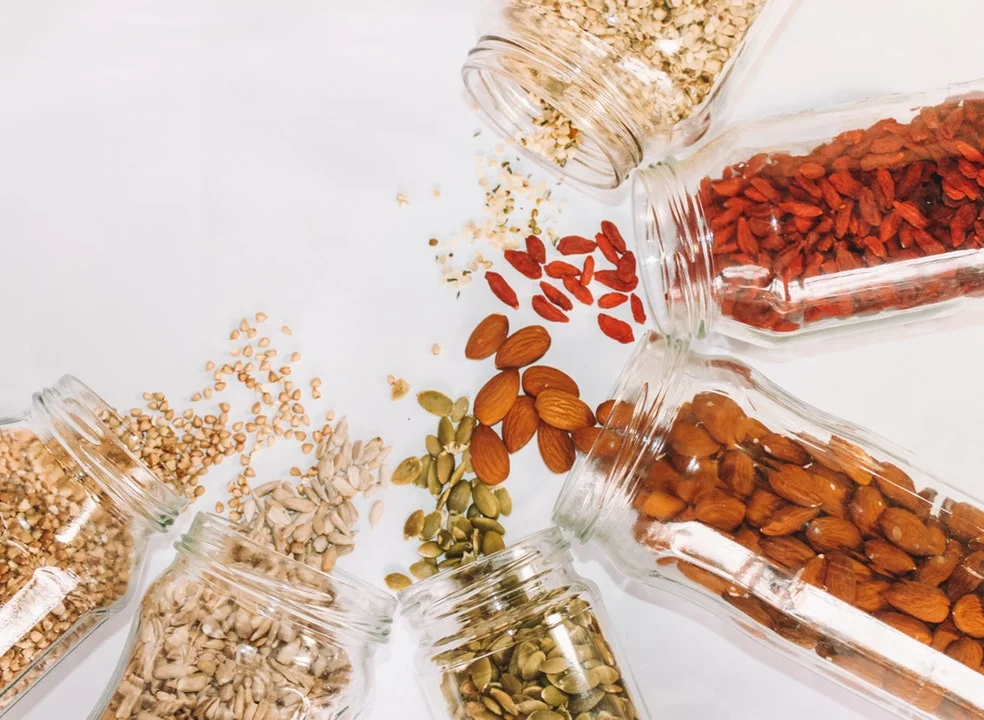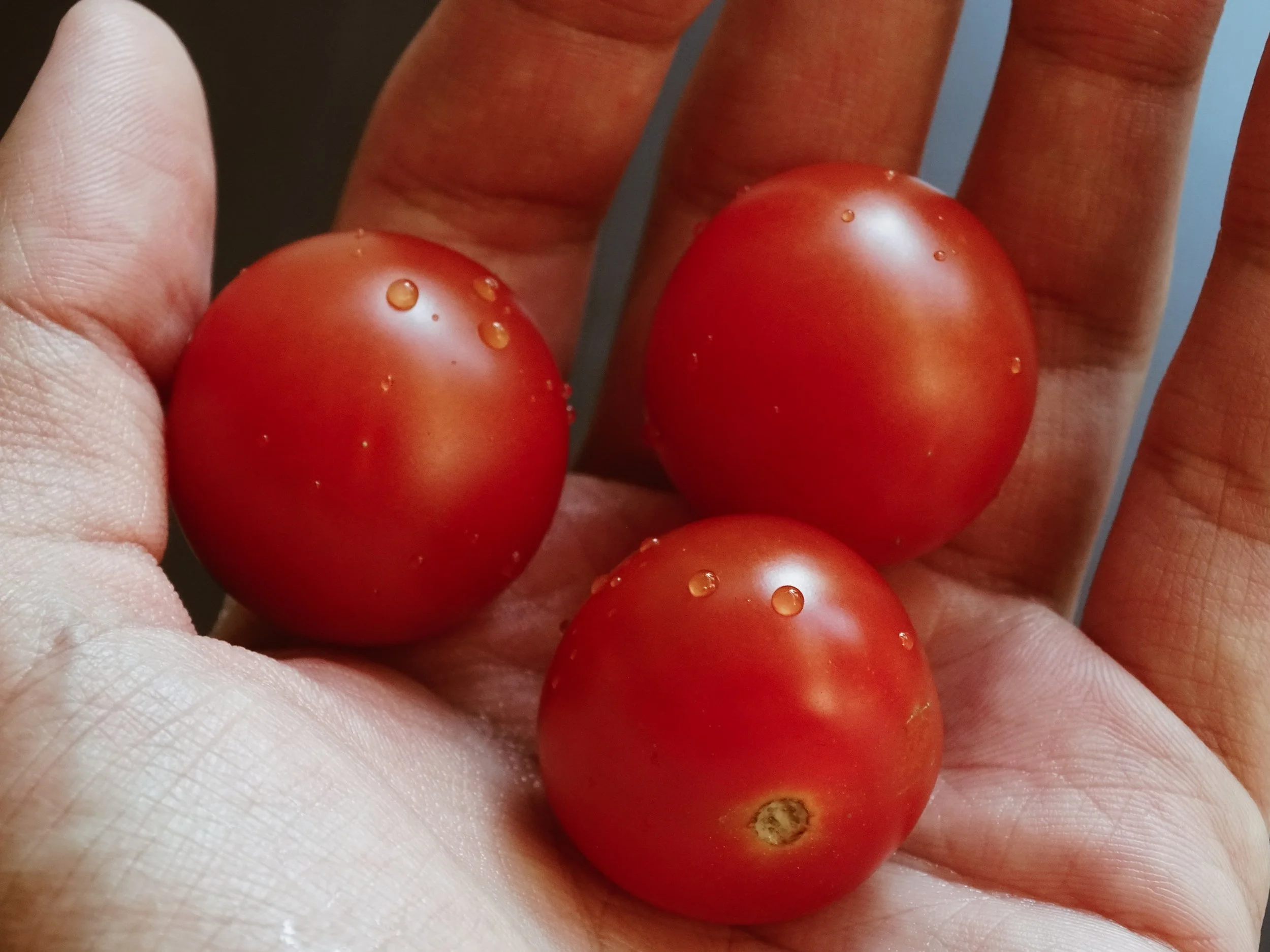The connection between inflammation and cancer is complex, and like everything in the body, intertwined with a number of other health issues. The biggest concern when it comes to breast cancer is chronic inflammation. Chronic inflammation results in a persistent change in the body that can start to damage DNA and result in the formation of abnormal cells. This persistent inflammatory state can damage your healthy cells and tissue, as well as weaken your immune system.
Read MoreWhile many women worry about hormones and their risk of breast cancer, drinking alcohol regularly can increase a woman’s breast cancer risk more than hormone replacement therapy or using the birth control pill. In fact, alcohol consumption is one of the most significant modifiable risk factors when it comes to breast cancer. Over 100 studies have been done looking at the impact of alcohol consumption on breast cancer risk in women and they have all consistently found an increased risk.
Read MoreWhile most people diagnosed with breast cancer will be over the age of 50, we’re seeing more women (and those assigned female at birth) receiving a diagnosis of breast cancer in their 40s, 30s, and even 20s. Instead of panicking, more than ever it’s important to be aware of your own breast health and your personal risk factors to be as proactive in a way that makes sense for you.
Read MorePerimenopause is the years of hormonal fluctuations that occur leading into menopause. Unlike menopause, which is technically 1 year after your last period, perimenopause lasts anywhere between 4-8 years. Perimenopause is the more tumultuous time and we’re a lot less educated on what to look out for. This has left a lot of people struggling with their hormones unnecessarily. Read on to learn more about the common and unexpected signs of perimenopause!
Read More1 out of every 5 women will go into perimenopause at the age of 40 so let’s make sure you know what to look for so you don’t spend weeks, months, or years suffering with changes that can be safely managed! Here are the 5 things every woman in her 30’s should know.
Read MoreThe term perimenopause often signals to women the end of their most vital and engaging years. The shame that can be associated with this, and aging in general, has kept women quiet for decades. We want every woman to understand the hormonal shifts in perimenopause so that she can take control and make choices that make sense for her own, personal experience.
Read MoreNuts are a fantastic food to include in your diet. They are packed with amazing nutrients such as omega-3 fatty acids, other healthy fats, fibre, trace minerals such as selenium and vitamins such as vitamin E. This calorically dense food has been associated with many health benefits, but how do nuts relate to breast cancer? This blog goes over the impact of nut consumption in breast cancer survivorship!
Read MoreIf you or a loved one has undergone chemotherapy treatment for a cancer diagnosis, you may have heard of the term “chemo brain”. The medical term for this is chemotherapy related cognitive impairment (CRCI) and refers to impaired memory, processing speed, concentration, and attention after or during chemotherapy. Excitingly, new research in breast cancer has shed some light on easy ways of supporting chemo brain!
Read MoreMany women don’t think about menopause, or perimenopause, until they are struggling with hot flashes, night sweats, or other hallmark signals of this hormonal shift. Unfortunately, perimenopause is rarely discussed until women are in the midst of changes that are no longer feeling manageable. It’s often in their first appointment that many women realize some (or most) of the symptoms they’ve been struggling with for years are related to this hormonal shift! Read on to learn more.
Read MoreIf you were diagnosed with a hormone-sensitive breast cancer before you went through menopause, likely Tamoxifen is part of your long-term support plan. Tamoxifen can be a foundational part of helping to prevent a recurrence. But what options are there for women who want to stay on Tamoxifen but continue to struggle with side-effects?
Read MoreWhile no one likes getting a Pap, the only thing worse than the exam is receiving an abnormal result. An abnormal pap can be anxiety-inducing but you don’t need to panic, you just need to know what to do next.
Read MoreAs a follow-up to our first two episode, today we've turned the table and are interviewing one of our amazing Naturopathic Doctors, Dr. Almir Alicelebic.
Read MoreWe can't start off this podcast without you guys knowing who we are and what we're about. In today's episode we interview one of our hosts, Dr. Hayhlee Clarence.
Read MoreA quick search on ‘soy & health’ brings up so many conflicting opinions that it can be hard to know what to believe. Does soy protect you from cancer? Is it safe for men? Is it safe before menopause? Should you avoid it if you’ve already had cancer? A lot of us avoid soy altogether because of these uncertainties, but writing it off completely may mean you miss out on some wonderful benefits! So let’s look at what we really know.
Read MoreCurrently it’s estimated that around 25% of women diagnosed with breast cancer are pre-menopausal. This is an important reminder that if you were diagnosed with breast cancer at a younger age, you’re not alone and you’re not without resources. Today, more and more women are being faced with the question of whether they can manage their menopausal symptoms safely, or whether they have to just tough it out.
Read MoreGoogling “complementary cancer care” brings up hundreds of websites, blogs, articles, and videos all claiming to have the answer, yet often contradicting one another. In a time when you’re already wrestling with a lot of complicated decisions you weren’t expecting to face, this can add to the stress and confusion. To help reduce this, let’s talk about what kind of treatment your Naturopathic Doctor (ND) can provide and how to find someone who is properly trained to offer safe and effective medical care.
Read MoreIn Canada, around 10,000 people between 20-44 years of age are diagnosed with cancer every year and the good news is that 80% of those diagnosed survive. As a result of evolving detection and treatment options, many young Canadians are able to successfully complete their cancer treatments and live full lives. We are seeing more patients and couples asking not only about how they can have a family following cancer treatment, but how they can act preventatively to protect their fertility options before their cancer care plans begin.
Read MoreIt’s no surprise that chemotherapy can wreak havoc on our digestive system. In fact, some of the most notorious side-effects of chemo are a direct result of irritation and damage to our gut! While our gut provides the physical space and movement, it is our microbiome determines how protected, active, and supported all the functions of our gut are. When we’re healthy, our microbiome is diverse and balanced, unfortunately this complex system is vulnerable to damage. Chemo drugs, although effective, can dramatically reduce the diversity of our microbiome and shift the types of bacteria present.
Read MoreWhen we talk about hormone-receptive cancers most people jump to breast, cervical, or ovarian cancer in women. But in men, prostate cancer cannot be left out of the discussion. Prostate cancer is the second most common cancer in men, and is fuelled by unhealthy testosterone levels. To put it into perspective, it accounts for 21% of new cancer cases in men each year, and an average of 58 men are diagnosed with prostate cancer every single day. So, if you’re a man wanting to take action against these statistics, how can you decrease your risk and prevent against prostate cancer?
Read More


















